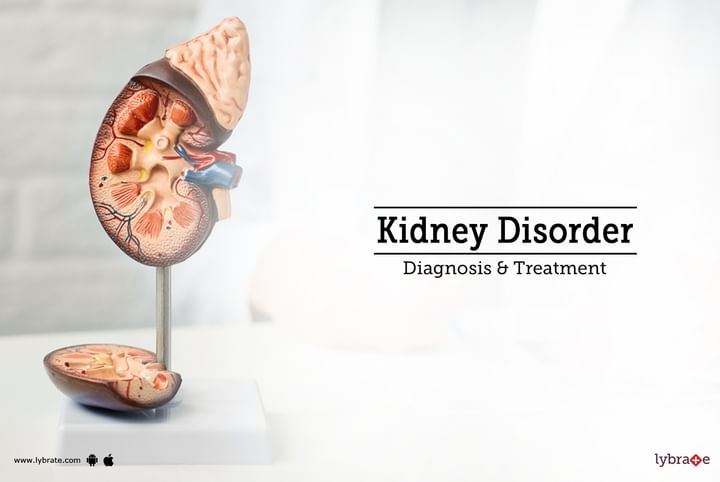Kidney Disorder- Diagnosis & Treatment
Treating a kidney disorder mainly relies on the type of the disorder and severity of the disease. To know the conditions of the kidney disorders, the patient has to undergo some systematic tests. Some of these tests include:
-
Urinalysis: This test will allow finding out inflammation, infections, microscopic blood loss, as well as the damage to the kidneys.
-
Kidney ultrasound: This kidney check is performed to find urine flow blockages, kidney stones, ulcers, or doubtful heaps in the kidneys.
Some of the other kidney tests that a patient has to undergo to decide the right treatment include:
-
Computed tomography scan: This test is conducted for getting the images of the damaged kidneys.
-
Urine and blood cultures: This test is taken when there is a suspected infection in the kidneys due to bacteria. This will be greatly helpful in diagnosing the type of bacteria, which is responsible for kidney failure.
-
Kidney biopsy: This kidney test is done by making use of a needle to eliminate a small part of the kidney tissue. The needle is usually injected into the back of the patient. The removed tissue is then examined using a microscope to identify the type of kidney disorder.
Effective treatments available to treat the kidney disorder include:
-
Antibiotics: Antibiotics play a vital role in treating the disorder because of the bacteria. They have the ability to destroy all types of microorganisms effectively.
-
Nephrostomy: This treatment is suitable for those having a blockage in their urinary tract.
-
Lithotripsy: When the kidneys are affected due to kidney stones, this treatment will crush the stones and allow them to come out through the urine.
-
Nephrectomy: This is a surgical procedure used to eliminate a damaged kidney or to treat kidney cancer.
-
Dialysis: This treatment is offered to patients for filtering the blood artificially when the damaged kidneys fail to do so.
-
Hemodialysis: This treatment involves connecting a kidney-damaged patient to a dialysis machine to filter the blood and to fill the body with the filtered blood.
-
Kidney transplant: This is one of the kidney treatments, which involves the transplantation of a kidney into a patient having end-stage renal disease to restore the function of the kidneys.


+1.svg)
